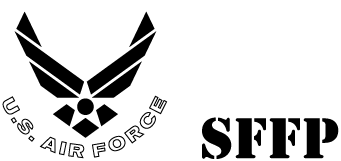The incorporation of an instructional design framework is crucial for consistency, efficiency, measurability, and flexibility in the creation and execution of education and training. ADDIE or Analysis, Design, Development, and Evaluation, is a widely used instructional design framework that guides curriculum developers, instructional designers, and instructors through the systematic development of educational experiences. The U.S. Air Force School of Aerospace Medicine (USAFSAM) has leveraged the ADDIE framework for decades to execute education for aerospace medicine physicians, nurses, allied health, public health, and bioenvironmental engineering professionals. However, the Air Force Medical Service has identified multiple gaps in the execution of education and training needed to be successful in a Great Power Competition environment for topics including combat casualty care, en route care, and operating in extreme environments. Likewise, the USAFSAM Office of the Dean has identified that ADDIE is insufficient for the school’s immediate needs. The ADDIE model is linear, time consuming, and often overwhelming, resulting in rigidity that often causes Office of the Dean curriculum development managers and instructional systems specialists to skip steps. It lacks flexibility, a crucial component needed in the GPC environment, and it focuses on process over creativity which can stifle novel approaches needed in a surge environment. The USAFSAM Office of the Dean seeks an academic interested in medical education, curriculum development, instructional design, higher education, and/or adult learning to identify, implement, and/or evaluate a more modern curriculum development or instructional design framework (e.g. Understanding by Design, Kern’s Six-Step Approach to Curriculum Development) for the school’s 87 in-residence courses and 32 online courses. The member may design a research project of their choice with this outcome in mind. Research topics could include: 1) assessing the efficacy of implementation of a selected model in the USAFSAM environment; 2) transitioning pilot course(s) to a selected framework; or 3) developing a set of processes, policies, and staff trainings to implement a new framework.


